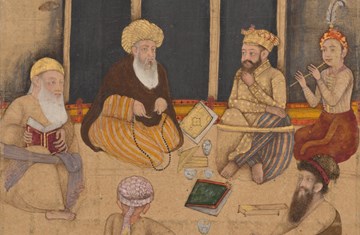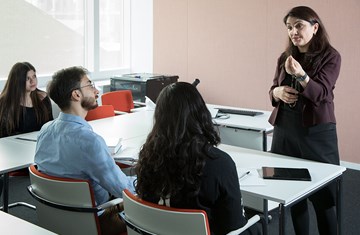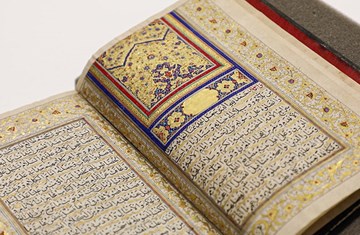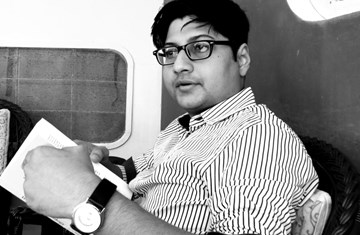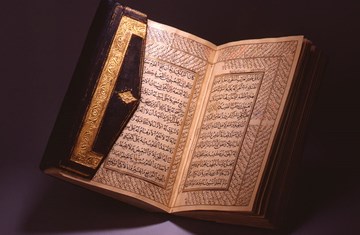New Researchers Join Qur’anic Studies Unit
The Institute of Ismaili Studies is delighted to welcome Dr Alessandro Cancian and Dr Asma Hilali as Research Associates in the Qur’anic Studies Unit.
Dr Cancian completed his PhD in anthropology from the University of Siena, with a work on the Shi‘i theological colleges (hawza ‘ilmiyyas) in Syria. Previously, he obtained an MA in History at Ca’ Foscari University, Venice, concentrating on religious history and literature of Iran and Persianate Cultures, Shi‘ism, Sufism and Zoroastrianism between Iran and South Asia. He also obtained his BA in Oriental Languages and Cultures at Ca’ Foscari University, Venice. Dr Cancian is a review editor for the Journal of Shi‘a Islamic Studies, has edited and published articles and papers, contributed book chapters and encyclopaedia entries and delivered lectures. He is currently working on the Shi‘i mystical exegesis of the Qur’an, their influences and reception in modern times, and the sources of religious authority in contemporary Shi‘ism.
Dr Hilali studied Arabic Language, Literature and Civilisation at the University of Tunis. In 2001, she received the scholarship of the Chancellor of the Universities of Paris, in Letters and Human Sciences, for her PhD project at the Ecole Pratique des Hautes Etudes (Paris). She completed a PhD thesis, entitled “The theory of authenticity in Hadith sciences between the first and the sixth century of Islam”, in 2004. From 2005 and 2008, Dr Hilali held a post-doctoral fellowship at the Graduate School of Asia and Africa in World Reference Systems (GSAA) at the Martin Luther University in Halle-Wittenberg, Germany. The fellowship allowed her to engage in research while also teaching at the Orientalisches Wissenschaftliches Zentrum (OWZ). In the first half of 2010, she lectured on “Images en Islam médiéval: confrontation des textes religieux et de l’iconographie” (Images in Medieval Islam: Confrontation of Religious Texts and Iconography) at the University of Paris IV (Sorbonne) in the History of Art and Archaeology. Since 2008, she has worked on the edition of the oldest extant manuscripts of the Qur’an, which were discovered in Sana’a within a CNRS project (France).
The Qur’anic Studies Unit now comprises eight full-time Research Associates, all of whom have diverse interests, making it one of the largest and most focused teams in the field.


